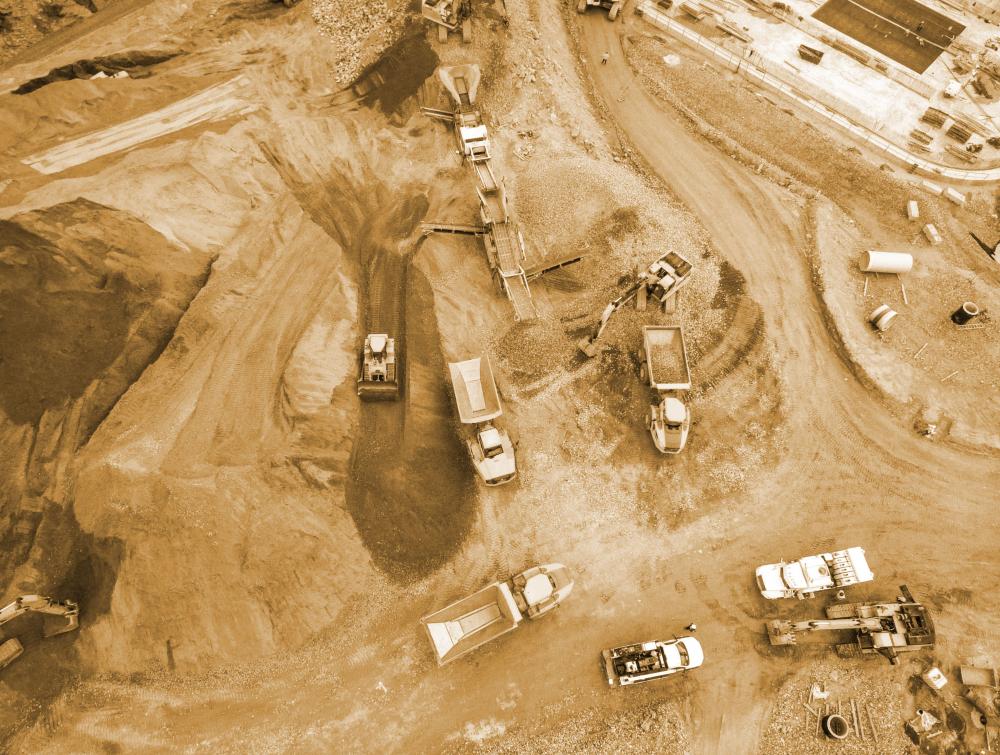Senate and House bills would modernize mining law, hold mining companies accountable on public lands

Shane McLendon/Unsplash
Shane McLendon/Unsplash
The Clean Energy Minerals Reform Act would update broken mining system to ensure clean energy transition is sourced from a sustainable supply chain of minerals.
WASHINGTON, DC (May 19, 2023) — Today, Senator Heinrich and Representative Grijalva introduced companion bills, both titled the Clean Energy Minerals Reform Act, that would update the 1872 General Mining Law — an antiquated law that governs hardrock mining on 350 million acres of federal public lands.
The Clean Energy Minerals Reform Act would amend the over 150-year-old law to align with the needs of a just and responsible transition to a renewable energy economy. It aims to rectify some of the major defects of the 1872 mining law, including its inadequate environmental protections and lack of clean up requirements for mining companies which has left a legacy of pollution in communities across the country.
The Wilderness Society released the following statement in support of the bills:
“A just and clean energy transition isn’t possible if the mining industry and its destructive practices carry on business as usual. Since even before the 1872 Mining Law, Tribal nations, Black, Brown, rural and frontline communities have fought for their health and future in the face of insufficient environmental protections and no requirements for mining companies to pay to clean up their pollution after they leave town,” said Kiara Tringali, Senior Government Relations Representative at The Wilderness Society. “We need a renewable energy transition and it cannot be an excuse to perpetuate injustices and corporate favoritism. We’re counting on Congress to pass the Clean Energy Minerals Reform Act to ensure that the minerals we need are extracted responsibly with careful consideration for the wellbeing of our communities, health, water and cultural sites.”
In addition to its dismal pollution considerations, and unlike other policies that govern extractive industries’ behavior on public lands, the 1872 Mining Law allows mining companies to use federal public lands without paying any royalty or rental fees. This means that while also shouldering both the pollution and clean-up costs of toxic mining activities, affected communities don’t receive any compensation for private mining companies' use of federal public lands
The Clean Energy Minerals Reform Act would:
-
Eliminate patenting of federal lands;
-
Impose a federal minerals royalty;
-
Establish a Hardrock Minerals Reclamation Fund for the cleanup of abandoned mines; and
-
Require a review of certain lands within three years to determine if they should be available for future mining.
As the U.S. transitions to a clean energy economy, the demand for some minerals is expected to grow. Environmental, climate and tribal groups are calling for mining reform to be front and center in this race for a clean energy economy.
###
For more information, contact Tony Iallonardo at newsmedia@tws.org.
